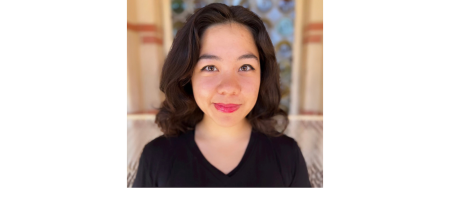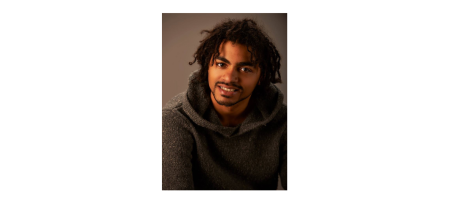Student Spotlight – Emma Horio
Meet UCLA undergraduate researcher Emma Horio!
Emma majors in English and is a recipient of the UCLA/Keck Humanistic Inquiry Research Award. The title of her project is “Tales of Blood and Thunder: Pulp Fiction and Sexuality in the Nineteenth-Century United States.” Horio’s work examines Louisa May Alcott’s sensation fiction, which has led Horio to the Houghton Library, where she will conduct archival research on Alcott’s writings. Her best piece of advice is to take classes with professors who share your research interests and ask for their guidance.
How did you first get interested in your research project?
I took a class with my now-advisor in Fall 2022, which piqued my interest in the topic of sexuality in American literature. I took another class with him in Spring when I was deciding on a thesis topic, and decided that I wanted to do a project that engaged with American literature of the Victorian era. After a few false starts, my advisor pointed me toward Louisa May Alcott, and the rest was history.
What has been the most exciting aspect of your research so far?
I’m working on Alcott’s sensation fiction, which was fairly recently discovered and consequently hasn’t received as much critical attention. I’m flying to Boston in December to visit the Houghton Library and conduct archival research there, where a lot of her letters, manuscripts, and ephemera are housed. I’m really excited for the opportunity to look at these documents and gain a better understanding of her relationships with her publishers and those around her.
What has surprised you about your research or the research process?
It surprised me how easy it is to fall down rabbit holes. I had originally intended to write my thesis on Alcott’s body of sensation fiction as a whole, which was a rookie mistake on my part. There are so many dynamics at play in that massive body of work that narrowing the scope of my project sometimes still seems like a Sisyphean task.
What is one piece of advice you have for other UCLA students thinking about doing research?
Take classes with professors who share your research interests and ask for their guidance. Use the class as an opportunity to show them your skill, potential, and work ethic.
What effect do you hope your research has in your field, at UCLA, in your community, or in the world?
I hope that my research can assist in deepening our understanding of how sexuality was communicated in popular literature during the Victorian era and provide support for the idea that queer people have always existed under many different labels and cultural conceptions.



